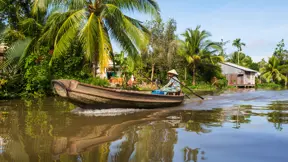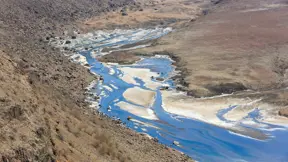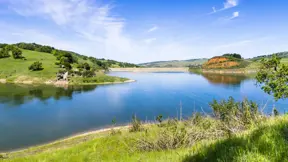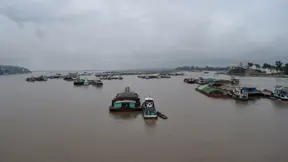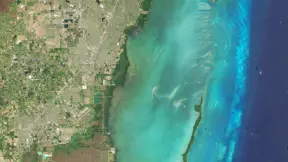
Achieve successful transboundary water management
As the demand for water grows, ensuring the responsible management of transboundary waters – those that cross borders and are shared by multiple countries – is more crucial than ever. Using real-time monitoring and reporting decision support systems, we help nations achieve integrated management of flood and drought, water availability and quality issues, and protection of biodiversity and freshwater ecosystems across boundaries.
The issue
The world's water consumption rate is doubling every 20 years — twice as fast as the rate of population growth. By 2030, water demand will exceed supply by 40%. The growing global population poses challenges to the sustainability of current methods for sharing and managing water resources, especially in developing countries. In addition, most countries lack effective transboundary cooperation, with few having all of their transboundary basin areas covered by operational arrangements.
Why it matters
While there is theoretically enough fresh water on the planet to sustain the needs of its population, the uneven distribution means that while some parts of the planet have more than enough water, scarcity occurs elsewhere. Additionally, actions taken in one country can have significant effects on others. Overexploitation and pollution in bodies of water can harm the ecosystem services of neighbouring countries. Similarly, a unilateral decision by one country to construct a dam could greatly impact the downstream flow of a river in another. As such, governments must cooperate on transboundary water resources management.
How we can help
At DHI, we see collaboration as the key: implementing cross-sector integration of policy and planning, considering surface water and groundwater as one common resource and tackling water quality and quantity issues together. We help stakeholders manage and share water resources equitably for the benefit of all parties. By combining transboundary dialogues with real-time monitoring and reporting decision support systems, decision-makers achieve a strong basis for long- and short-term water resources planning.
Integrated solutions
DHI can help national and local policymakers, governments, water authorities and river basin commissions build resilience in transboundary water management approaches. Examples of how we can help:
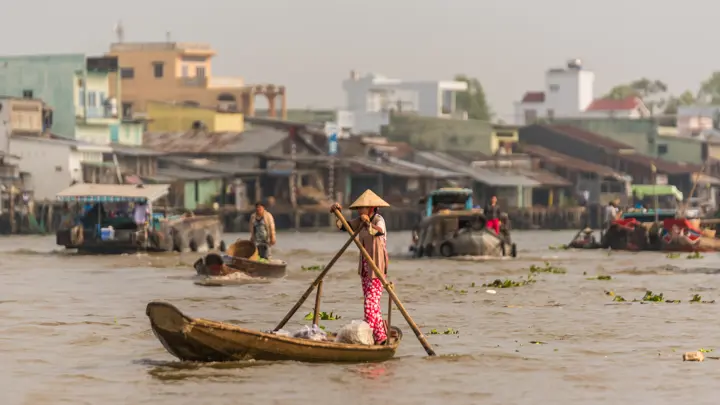
Development of transboundary water management strategies
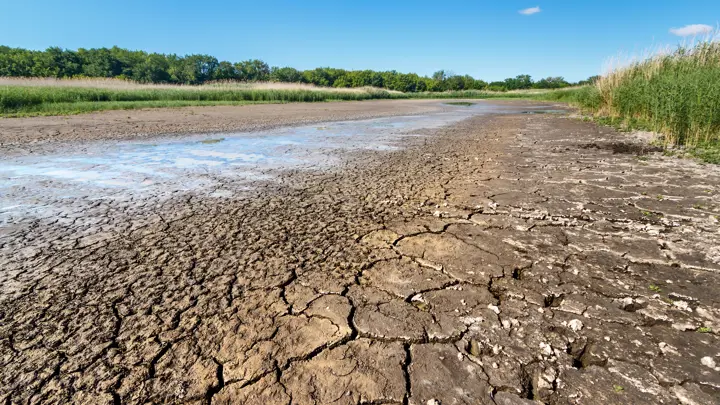
Flood and drought mitigation by testing different climate scenarios
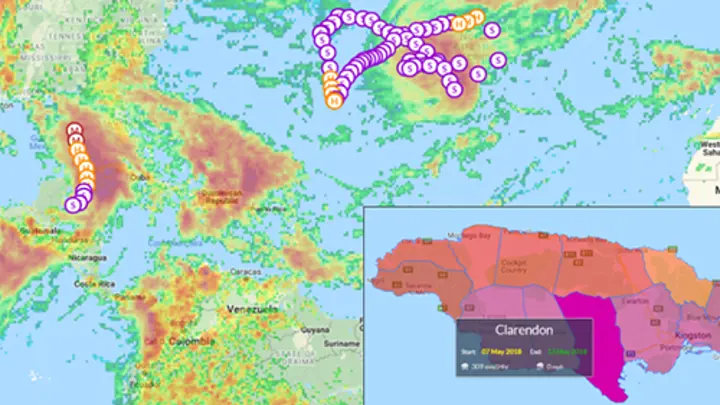
Assessment of transboundary water resources to identify and transfer risks
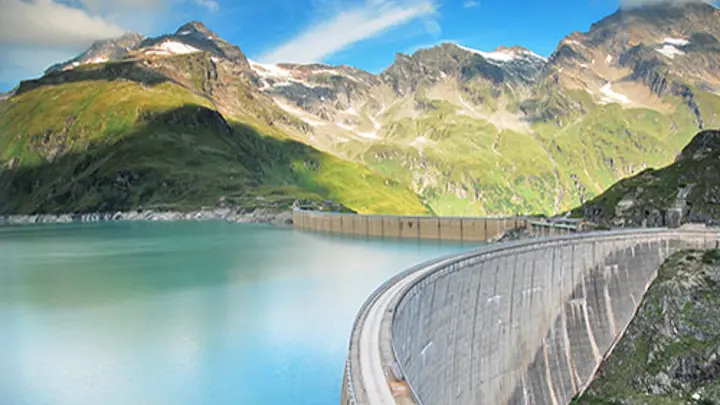
Optimisation of freshwater infrastructure operations with digital solutions
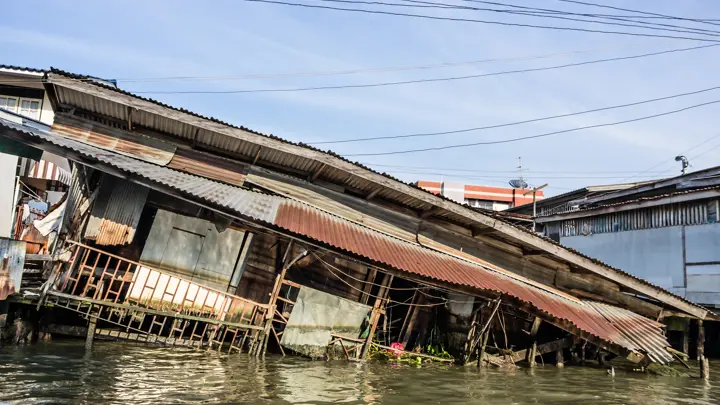
Climate adaptation and damage/loss impact assessments
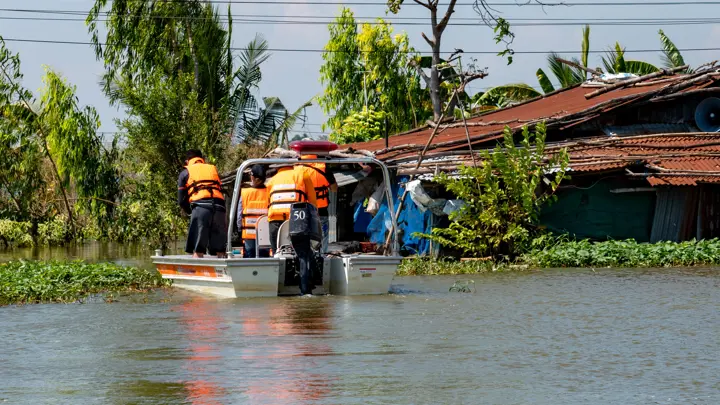
Planning of emergency response strategies
'DHI's solution has solved great concerns by accurately simulating the flow mechanism, nutrient and sediment transport and river water quality variation. The decision support system is starting to be used actively to support integrated water resource planning for the Sesan-Srepak river basins and also for transboundary cooperation with Cambodia.'
Dr. Le Duc Trung, Director General, Office of Viet Nam National Mekong Committee
You may also like
Related technologies
ABM Lab
Study the impact of aquatic disturbances on habitat connectivity, migration, and populations.
Bathymetrics Data Portal
Download reliable, high-quality water depth data.
Biodiversity State Indicator
Use Biodiversity State Indicator to quantify and manage biodiversity in a holistic and transparent way.
How can we help?
With our global network of offices, we make sure you get the right answers to your local needs. Tell us about your water challenges and we will get back to you.
